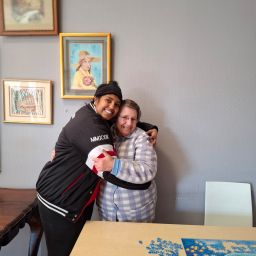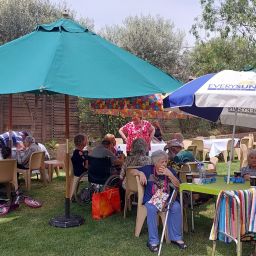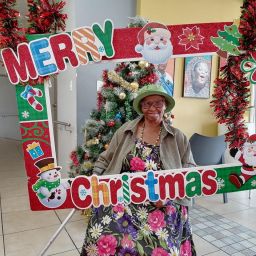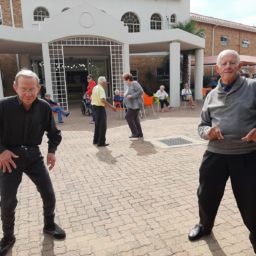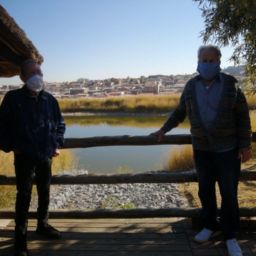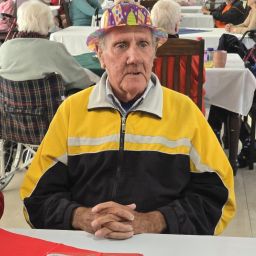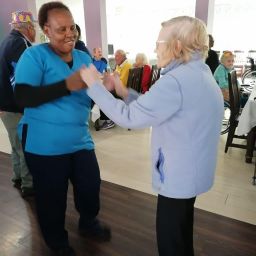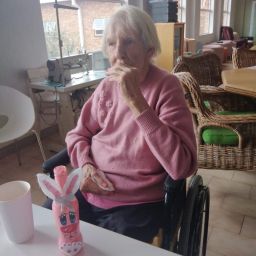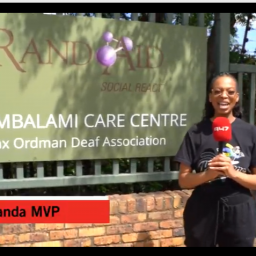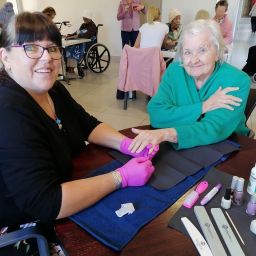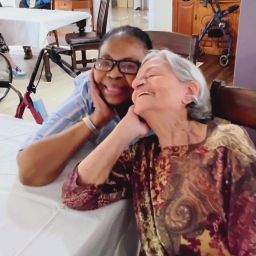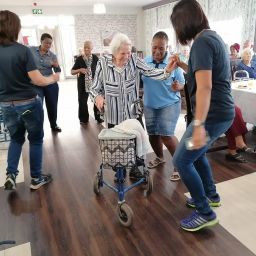World Elder Abuse Awareness Day on June 15 holds special significance to Rand Aid Association, which has dedicated decades to the care and comfort of older persons.
This year’s theme is ‘Spotlight on Older Persons in Emergencies’.
“Emergencies, whether natural disasters, pandemics, or conflicts, disproportionately impact older persons,” says the United Nations’ Department of Economic and Social Affairs (DESA).
These events often exacerbate existing vulnerabilities, making it essential to address the needs of elders in emergency planning and response, says DESA. It says that ‘older persons may face mobility issues, chronic health conditions, or social isolation, making it difficult for them to access aid, evacuate safely, or receive timely medical care as well as support services’.
“Moreover, the stress and chaos of emergencies can increase the risk of elder abuse, whether physical, emotional, financial, or neglect. Education and training for emergency responders, caregivers, and the public is vitally important. By increasing awareness about the specific challenges faced by older persons in emergencies, we can foster a more inclusive and protective environment,” says DESA.
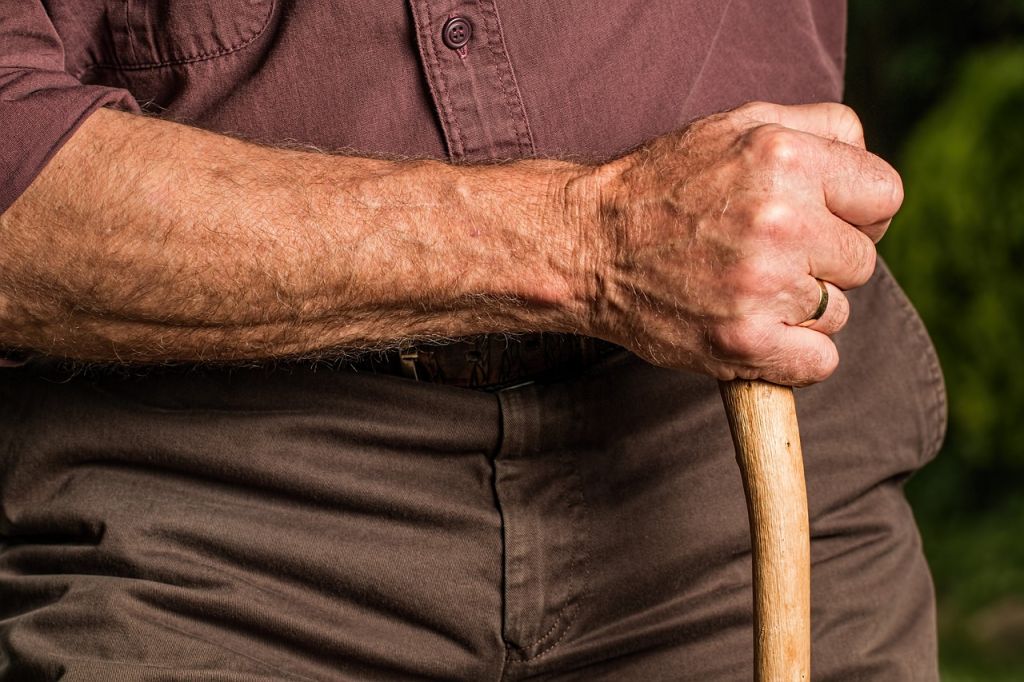
Lara Hurwitz, the social worker at Rand Aid’s Thembalami Care Centre, says that as longevity increases, the population of elderly people also increases, which leads to more opportunities for elder abuse. “Most of the abuse occurs within the immediate circle of the older person. They are, therefore, reluctant to report the abuse because they are often reliant on those same people. As they are often isolated, the abuse is not recognised from the outside,” she says.
It is not always easy to recognise elder abuse as some of the symptoms can mimic those of ageing. For example, the elderly have very brittle skin so can easily explain a bruise or sore.
The Older Persons Act 13 of 2006 defines elder abuse as: “Any conduct or lack of appropriate action occurring within any relationship where there is an expectation of trust, which causes harm or distress or is likely to cause harm or distress to an older person constitutes abuse of an older person.”
Elder abuse is global and comes in many forms, including physical, emotional, sexual and financial abuse and neglect. Elderly people are human and deserve the same dignity and respect as people of all other age groups, says the South African government.
Five main kinds of abuse
Physical abuse – This is any act or threat of physical violence towards an older person, including anything from pinching to restraining to beating.
Emotional abuse – Any acts that cause emotional or mental suffering. It includes but is not limited to ignoring, insulting, humiliating, and isolating elders. The older person withdraws completely and often suffers from anxiety and/or depression as a result.
Sexual abuse – Forced or non-consensual sexual contact of any kind with an older person. This is a lot more common than most realise, says Lara.
Financial abuse – This is the abuse of funds or assets of the older person. A common form of financial abuse is when a family member takes control of the older person’s SASSA grant. There are also loan sharks that illegally take SASSA cards before loaning older people money at exorbitant interest rates, spiralling them into a debt crisis.
Neglect – Elder neglect happens when a caregiver fails to protect an older adult from harm, resulting in serious injuries or illnesses.
Elderly abuse can be reported at any police station or to any social worker who is then obliged to report it to the Department of Social Development.
“We need to work together to curb elderly abuse and give them the dignity they deserve in their last years,” says Lara.


